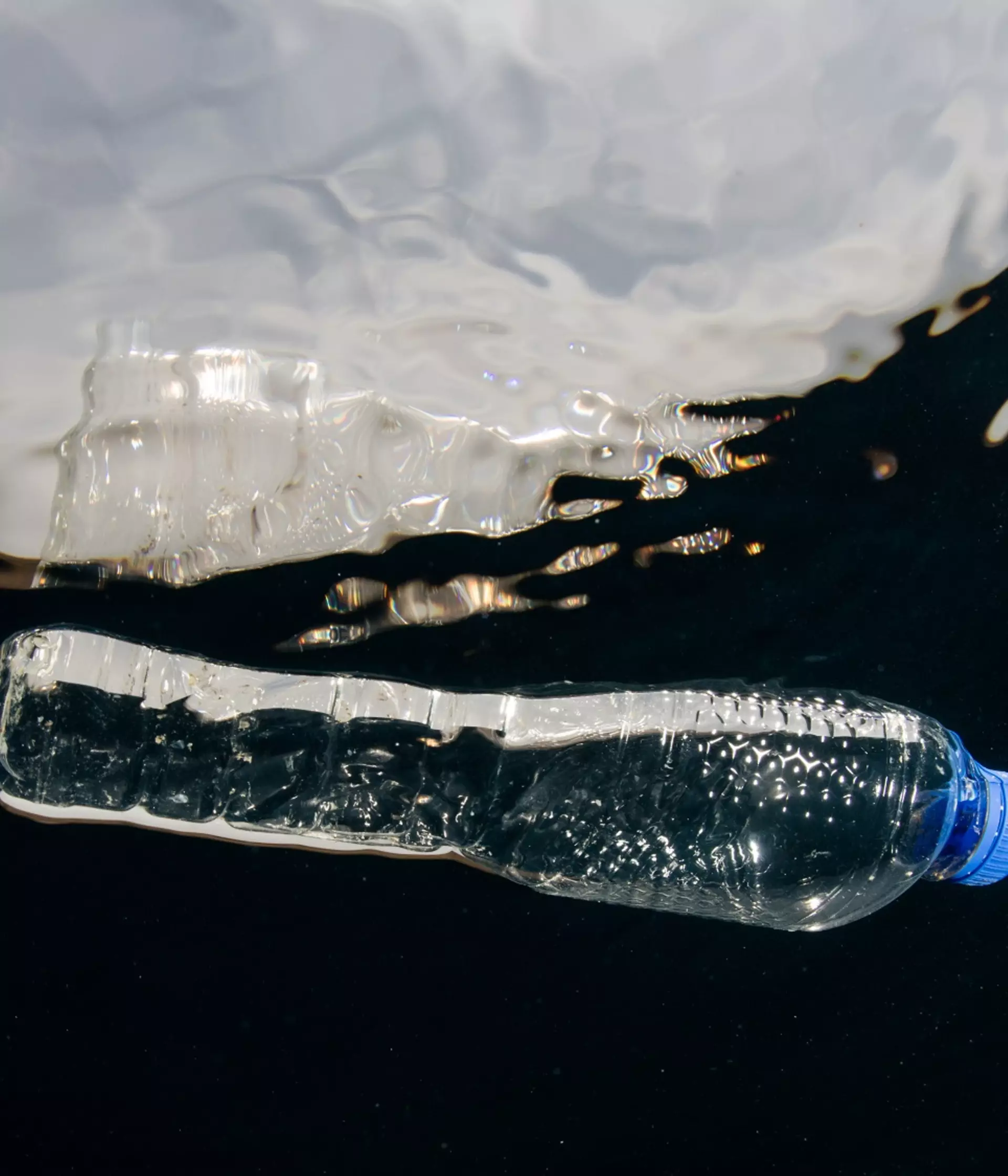ZSL Marine Programme Manager Fiona Llewellyn explores how representatives from across the globe are coming together to tackle plastic pollution
Why is plastics pollution such a big issue?
Plastic is at the forefront of the three interlinked planetary crises that we currently face: climate change, biodiversity loss and pollution.
Humans are mismanaging and polluting the world with plastic at an alarming rate. As a material that’s designed to last, once plastic is littered, dumped, or leaked into the environment, it stays there for hundreds of years – damaging the natural environment, and eventually breaking down into microplastics, which continue to have a negative effect on wildlife, ecosystems, and the planet.
Especially worrying is that these negative impacts are only likely to grow, as plastic production rates are expected to triple by 2060 if no action is taken. However, essential work is taking place to solve this crisis.
A United Nations Global Treaty
Over the following two years, representatives from across the world will gather at a series of United Nations (UN) negotiations to develop a new international, legally binding Treaty to end plastic pollution.
The ZSL team is travelling to Paris on 28 May to take part in the second round of negotiations for this important new Treaty.
With over 10 years of experience working on the impacts of plastic pollution on wildlife and the environment, we will contribute scientific expertise, data and knowledge to the negotiations, and work to ensure both biodiversity and people are at the heart of this new, exciting Treaty.
Why should we tackle plastic pollution?
It’s now widely known that plastic pollution is a major threat to the environment, with 14 million tonnes of plastic entering the ocean every year, and over 900 different animal species having been documented to be negatively impacted by plastic – through ingestion, entanglement, injury and mortality, from turtles, to sharks, to corals, whales and dolphins. If we don’t stop this level of pollution, there will be more plastic than fish in the ocean by 2050.
What is the UN Plastics Treaty?
In March 2022, a meeting of the UN Environment Assembly in Nairobi saw member states agree a resolution titled ‘End Plastic Pollution: Towards a Legally Binding Instrument’, kick-starting the process for an International Negotiating Committee (INC) to develop a legally binding UN Treaty on plastic pollution by the end of 2024.
The aim of the INC process is to create a legally binding agreement with a full lifecycle approach to plastics – looking at the issue from the creation and use of petrochemicals through to production, use and disposal, alongside the role of the circular economy and enabling sustainable consumption and management.
If successfully passed, this Treaty could be the major international turning point in the battle against plastic pollution and its impact on the natural environment.
How is ZSL working to tackle plastic pollution?
We are very excited to be part of the discussion towards this new global Treaty to end plastic pollution. As an international wildlife conservation organisation, in the run-up to Paris, ZSL is gathering insights from colleagues and partners around the world – and a key priority for us is to ensure these voices are being heard in the negotiations.
For over 10 years, ZSL’s conservation and policy team has been working to understand the impacts of plastic on marine wildlife and ecosystems, how it moves through our systems, into and across the ocean, and where it accumulates. We’ve been working with local communities in project sites around the world to study, document and mitigate these impacts – and to trial interventions to stop plastic entering the environment in the first place – through systemic change and community-driven approaches.
Projects such as #OneLess, Net-Works (now Coast4C), Project Ocean, and Sea to Source have informed this understanding and helped the global fight against plastic pollution.
Much of this work has focused on the misuse and mismanagement of single-use plastic – plastic that is only used once before being discarded, and often littered, such as water bottles, and food and product packaging. All over the world we have documented single-use plastic items washed up on shores – from remote islands in the Indian Ocean, to the River Thames here in London.
A strong Treaty will reduce the impacts of plastic pollution on wildlife
For the Treaty to be effective in the protection of biodiversity, people and planet, a systems approach is needed that transforms how plastic supply chains are regulated and operated – to turn off plastic pollution at source and stop it entering the environment in the first place – and this is one of the key elements that ZSL will be strongly pushing for.
We will also be working hard to ensure that the agreed objectives of the Treaty are underpinned by science and evidence, and that there are the appropriate financial mechanisms in place (supported by both industry and governments) to allow for action to be effectively taken once the Treaty is agreed.
What next?
The ZSL delegation will be extremely busy throughout the week of negotiations in Paris, scoping and gathering as much information as possible to bring back to colleagues and partners at ZSL. This will inform our next steps and the areas that we will collaboratively be focusing on in order to achieve our ambitious goals for the elimination of plastic pollution for nature, people, and future generations. Watch this space!
Climate change and human activity have pushed our precious planet to its limit, causing the devastating loss of so many habitats and species. From lab to field, hands on and behind the scenes, we’re leading the future of conservation, shaping agendas and influencing change to support better life, health and living for people and wildlife.
